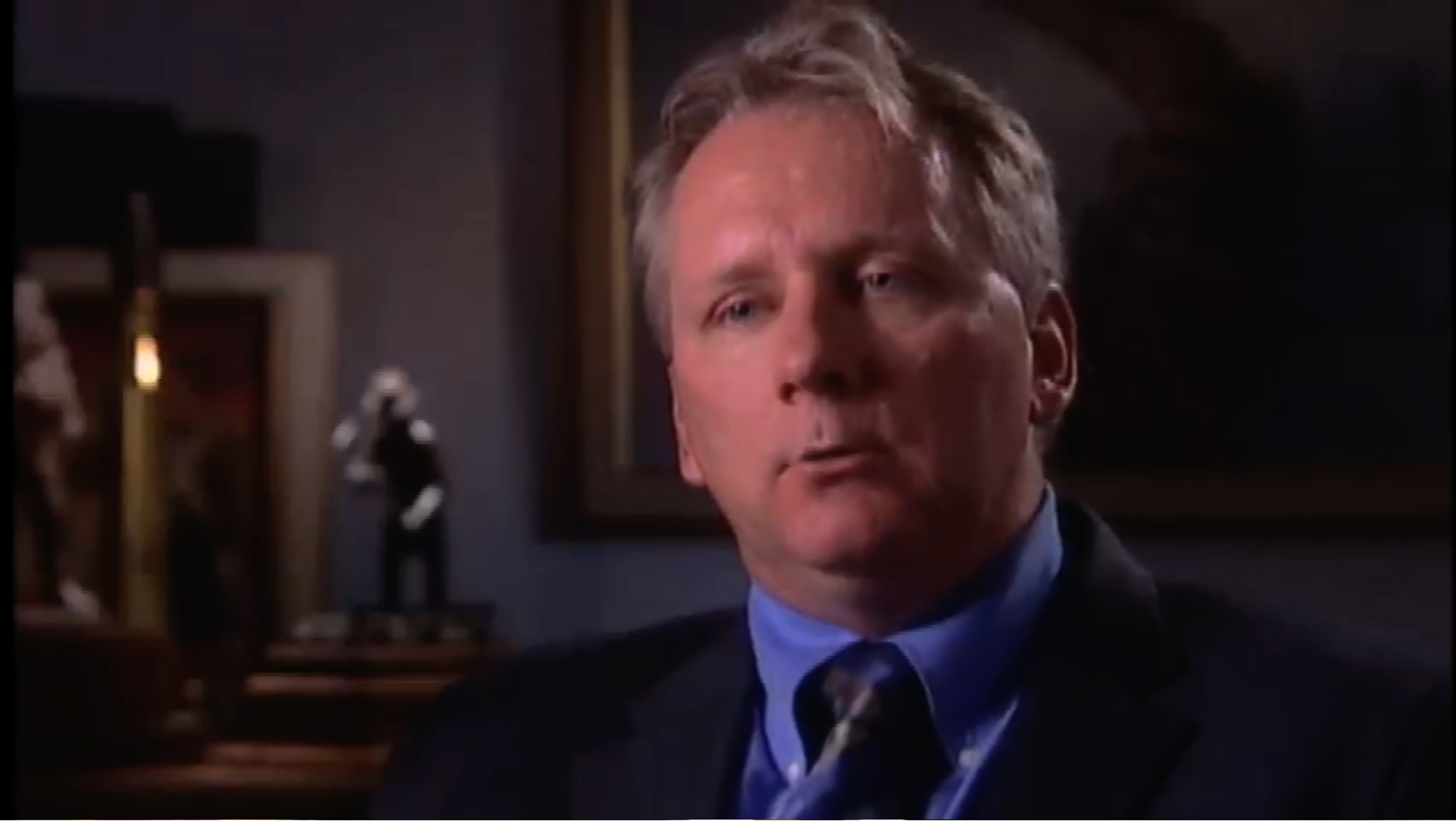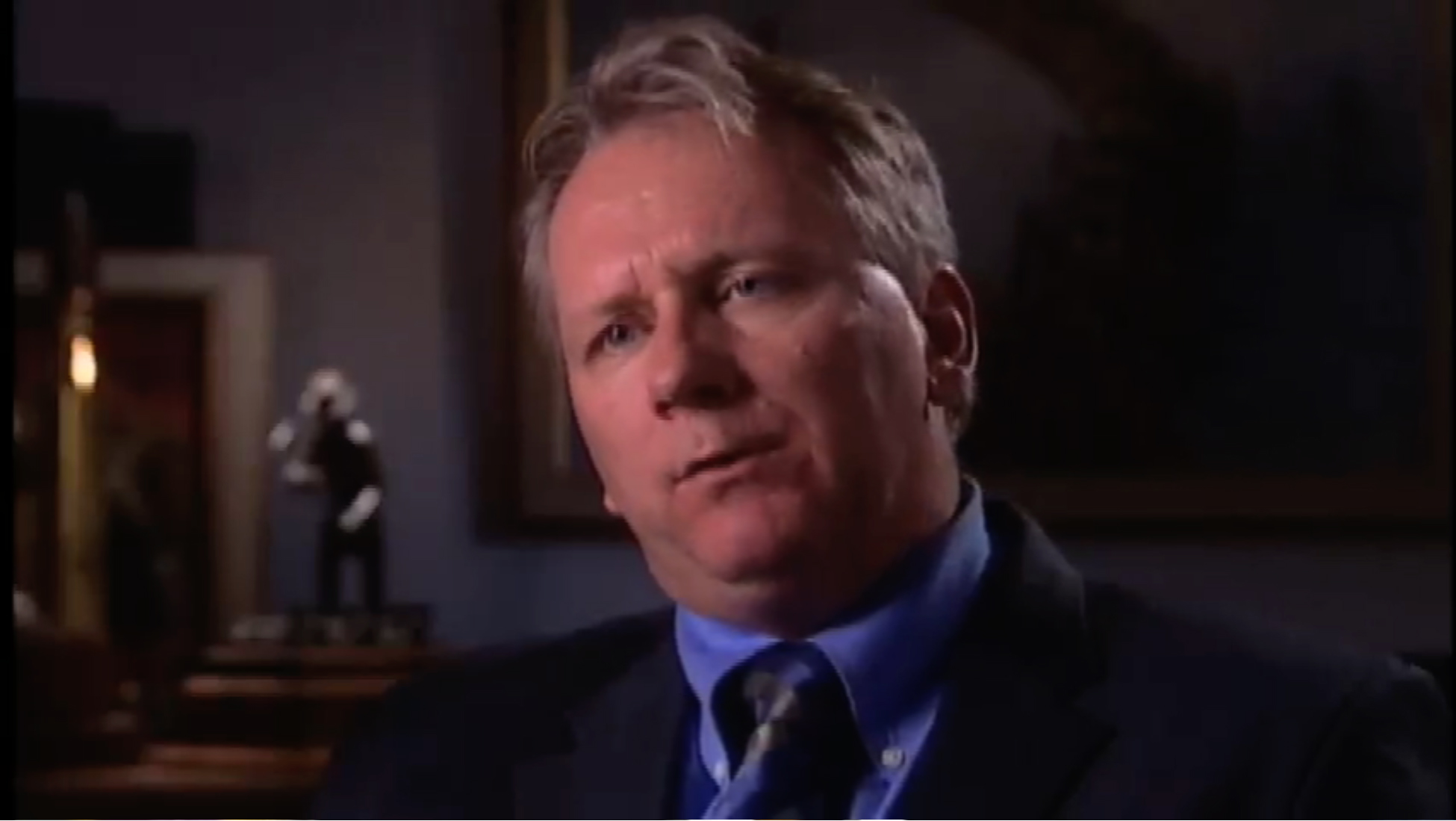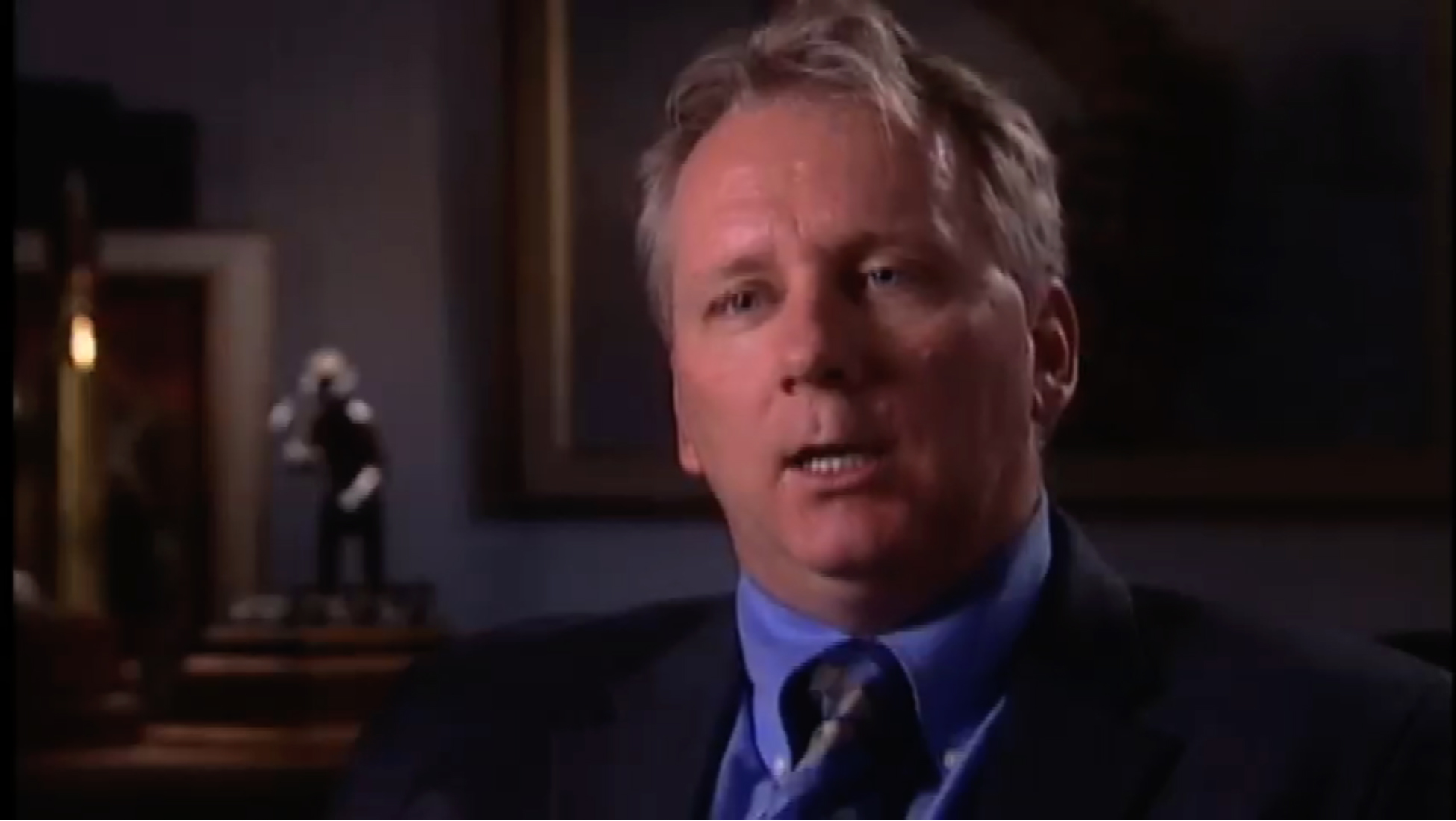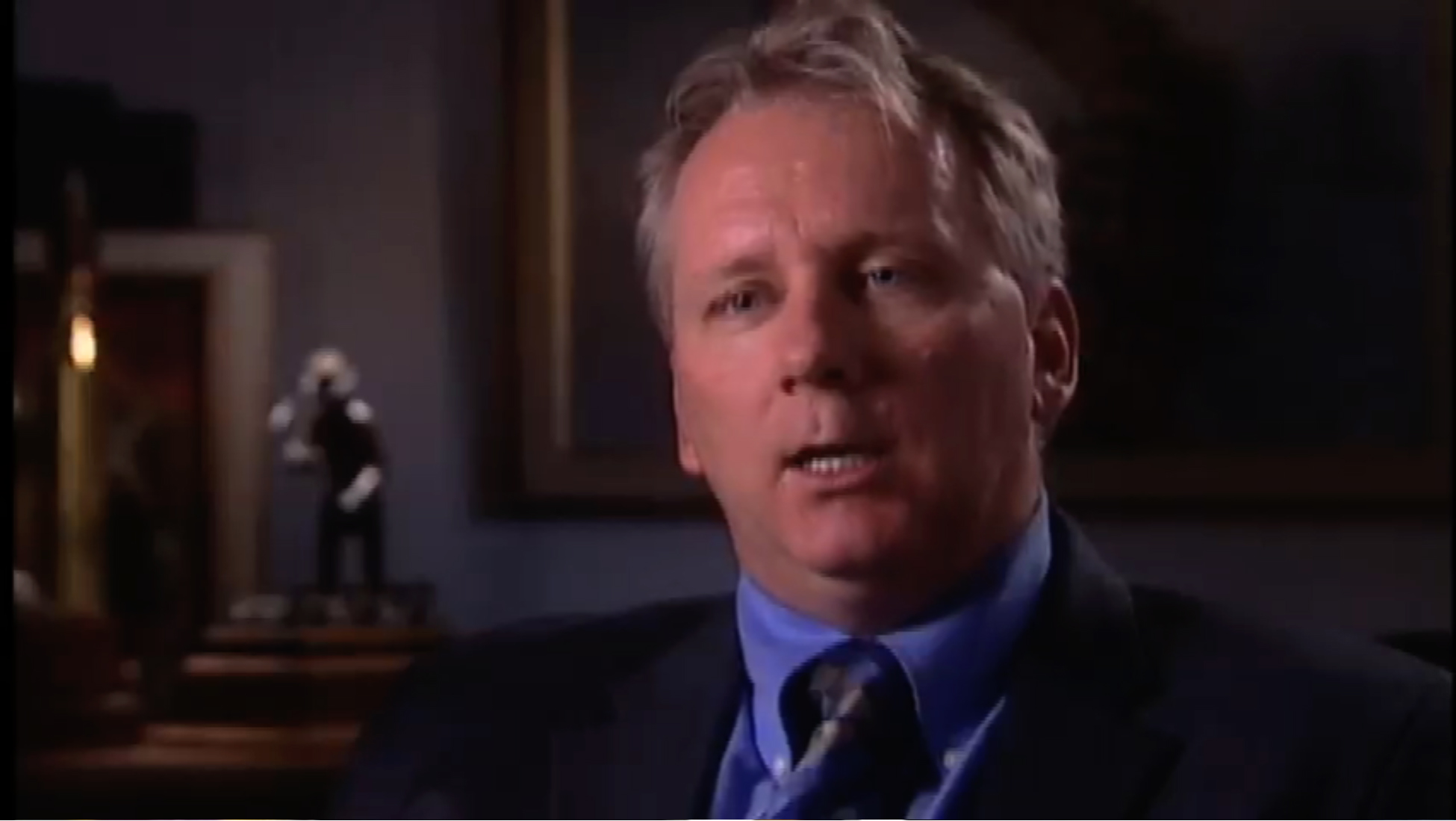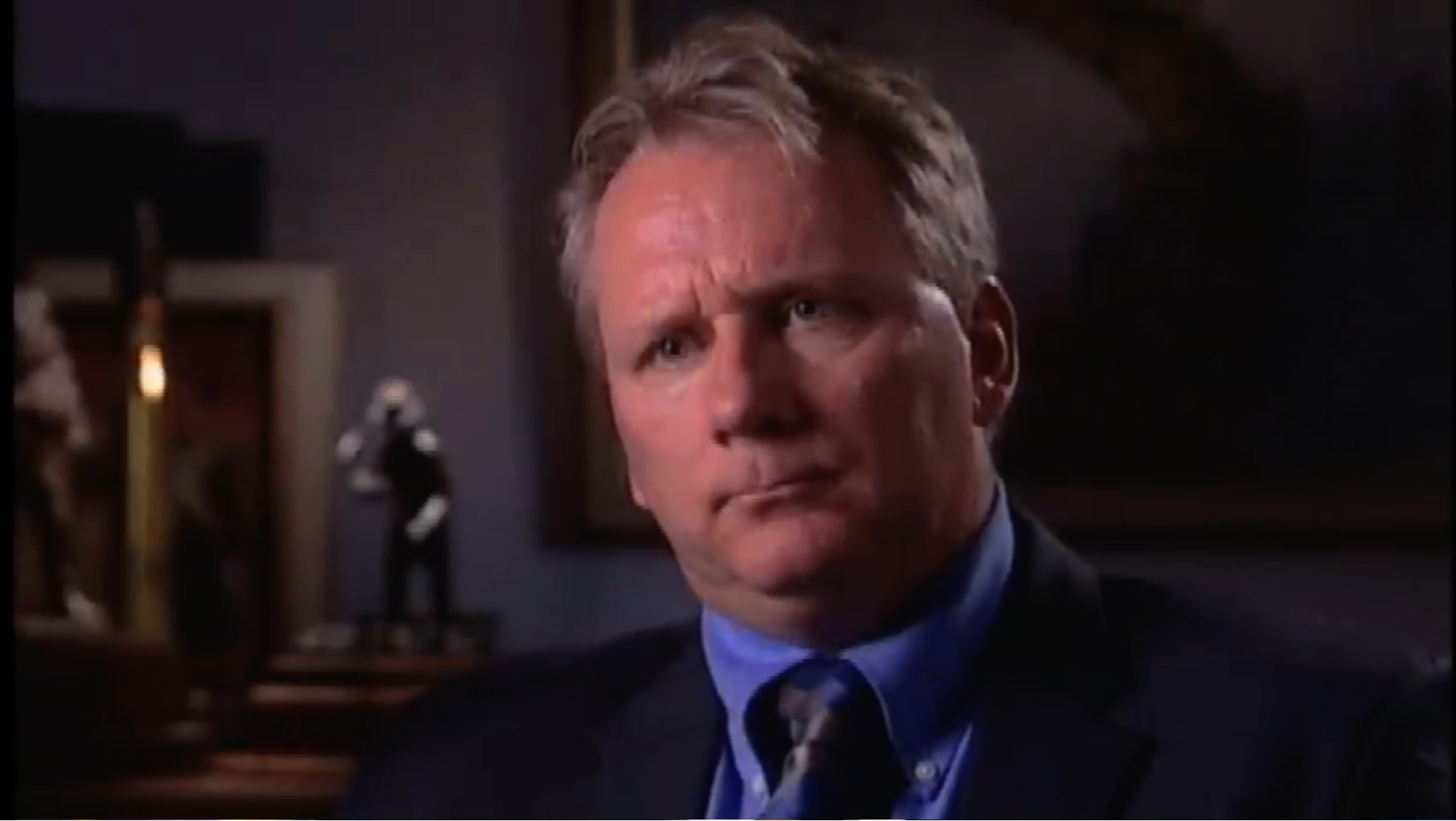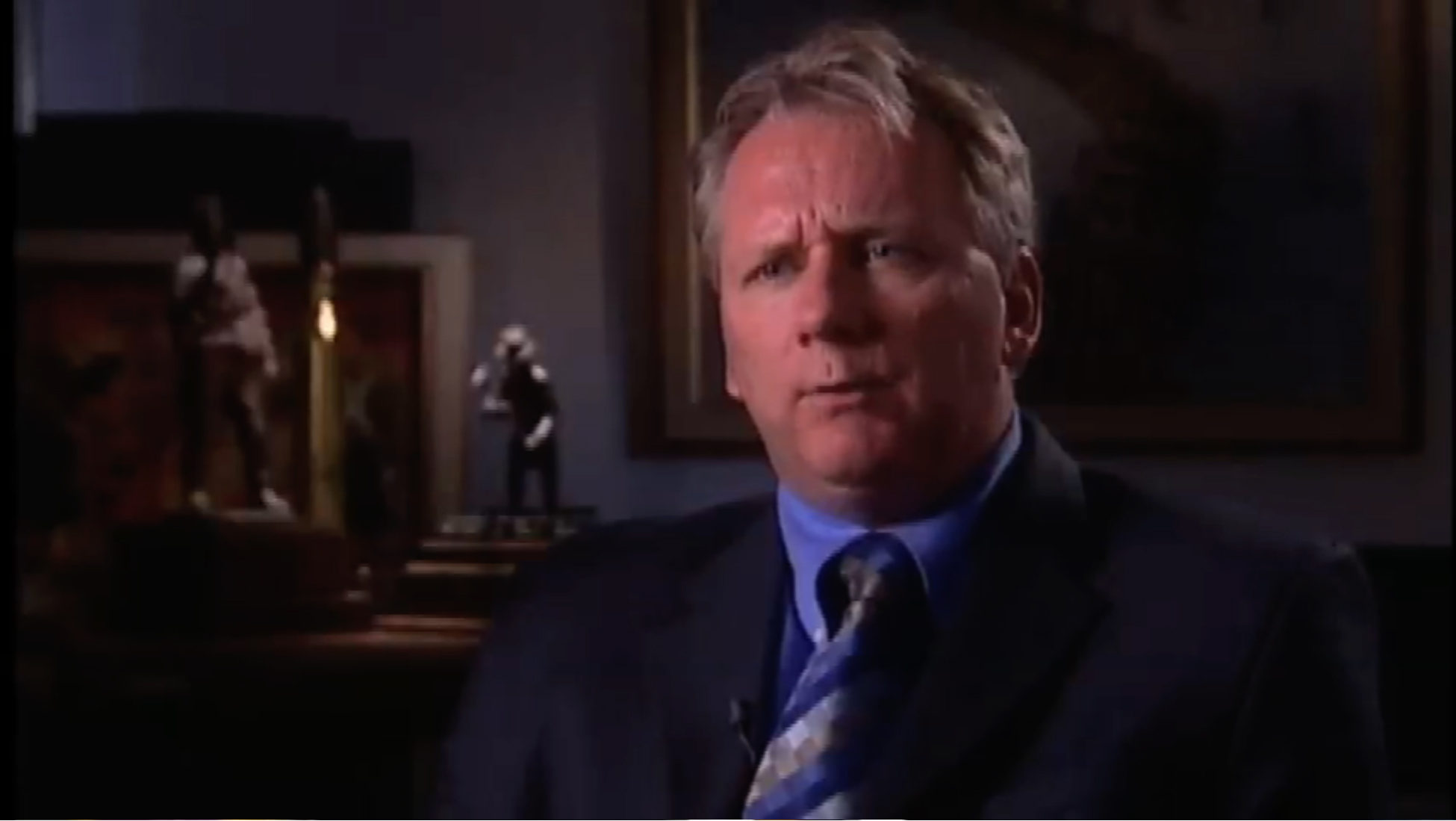Interviewer: When you find, you arrive in
Rwanda with a peacekeeping mission,
can you share that experience with us?
Well, my arrival in Rwanda it was really
clear that it wasn't made it clear to me
that it was not a peacekeeping mission.
I wasn't there to make peace or to
keep the peace. I was there to try,
to try to survive and try to, to help an
organization that was faulting to
the extreme, and that was the UN
had defaulted any responsibility.
General Dallaire was, was left alone with
a handful of, of people, and it was,
it was our focus was to help him out and,
and try to support his endeavour.
There was no UN, there was no peacekeeping.
It took 100 days before we could, you know,
try to establish some sort of a peace environment,
and it was only because one of the one of
the two sides in the confrontation had
decided to flee the country.
It was not out of the making of the
UN that did take place. General Dallaire
obviously had a lot to do and say about it,
and, and that was OK,
but there was no peacekeeping.
Interviewer: What was it, if it wasn't
peace keeping?
It was an aberration of, of life.
Seeing people die or dead, in most cases.
Dealing with orphans, dealing with injured people,
with no resources. Trying to, you know,
even for us we had to survive sometimes on,
on eating with perished, perished goods
or whatever we could find.
So, there was no support and it was
very difficult, and we tried to the best we
could help people that were in need,
try to protect some, and I think the,
not the UN, but I rather would call the
group that was with General Dallaire was
successful in doing that, as we had some
African troops that did very well with
regards to that, and, and that was OK.
That was a very small success compared to,
to the results. But that's all we could do,
and that was very, was very hard and my
peers you know often risk an awful lot to
try to achieve smaller results.
Interviewer: What risks might have been
involved to achieve those results?
The risk of being injured, of being killed,
those were prevalent daily, and many of my
peers faced them on a regular basis
in trying to help people out.
So those are, you know, when you are in
an environment like this with no
rules of engagement, very little support,
even your own country seems to have
forgotten you, it makes things a little different,
and you sort of wonder, what am I doing here,
and I had at the time an 18-month-old daughter
I had left behind and I had promised myself
I would come home to her.
So I was prepared to take whatever action
there was needed to, to come home.



